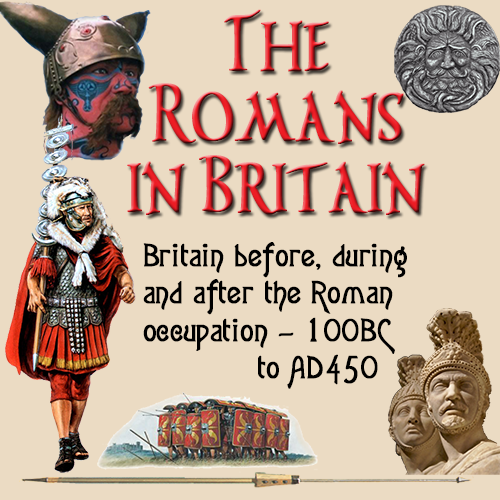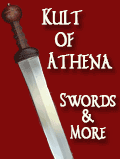Carthaginian porridge
(Puls Punica)

Marcus Porcius Cato, De Agricultura 85
This recipe seems to break off before it has finished its descriptive task, for there is no cooking process mentioned. Groats are cereal grains that have had their husks removed. The term used here is alica, which are specifically groats from emmer wheat. Porridge is perhaps a misnomer, because the consistancy of the dish is more pudding-like, but its substantial nature is more appropriate for beginning a work day than rounding off a meal.
The amounts shown are for one serving. This is a very flexible recipe; the amount of cheese used depends on how moist and fresh it is, i.e. the drier and firmer the cheese, such as packaged farmer’s cheese, the less you need. However, one egg is sufficient for one to eight servings.
Original recipe: Pultem Punicam sic coquito. Libram alicae in aquam indito, facito uti bene madeat. Id infundito in alveum purum, eo casei recentis P. III, mellis P. S, ovum unum, omnia una permisceto bene. Ita insipito in aulam novam.
Translation: Recipe for Carthaginian porridge: Soak a pound of groats in water until it is quite soft. Pour it into a clean bowl, add 3 pounds of fresh cheese, ½ pound of honey, and 1 egg, and mix the whole thoroughly; turn into a new pot.
Ingredients
- 3 to 6 oz. of fresh cheese
- 2 oz. dry emmer groats
- 1 to 2 Tbsp. honey
- 1 egg
Preparation
- Soak the emmer groats overnight.
- Drain, put into a saucepan with fresh water and boil until the groats are soft.
- Drain the water from the saucepan and return it to low heat.
- Fold in a well-whisked egg, followed by the cheese, and stir.
- The consistency of the mixture should be akin to a thick pudding, neither watery nor stiff.
- Fold in the honey or spoon it on top, and serve.




















